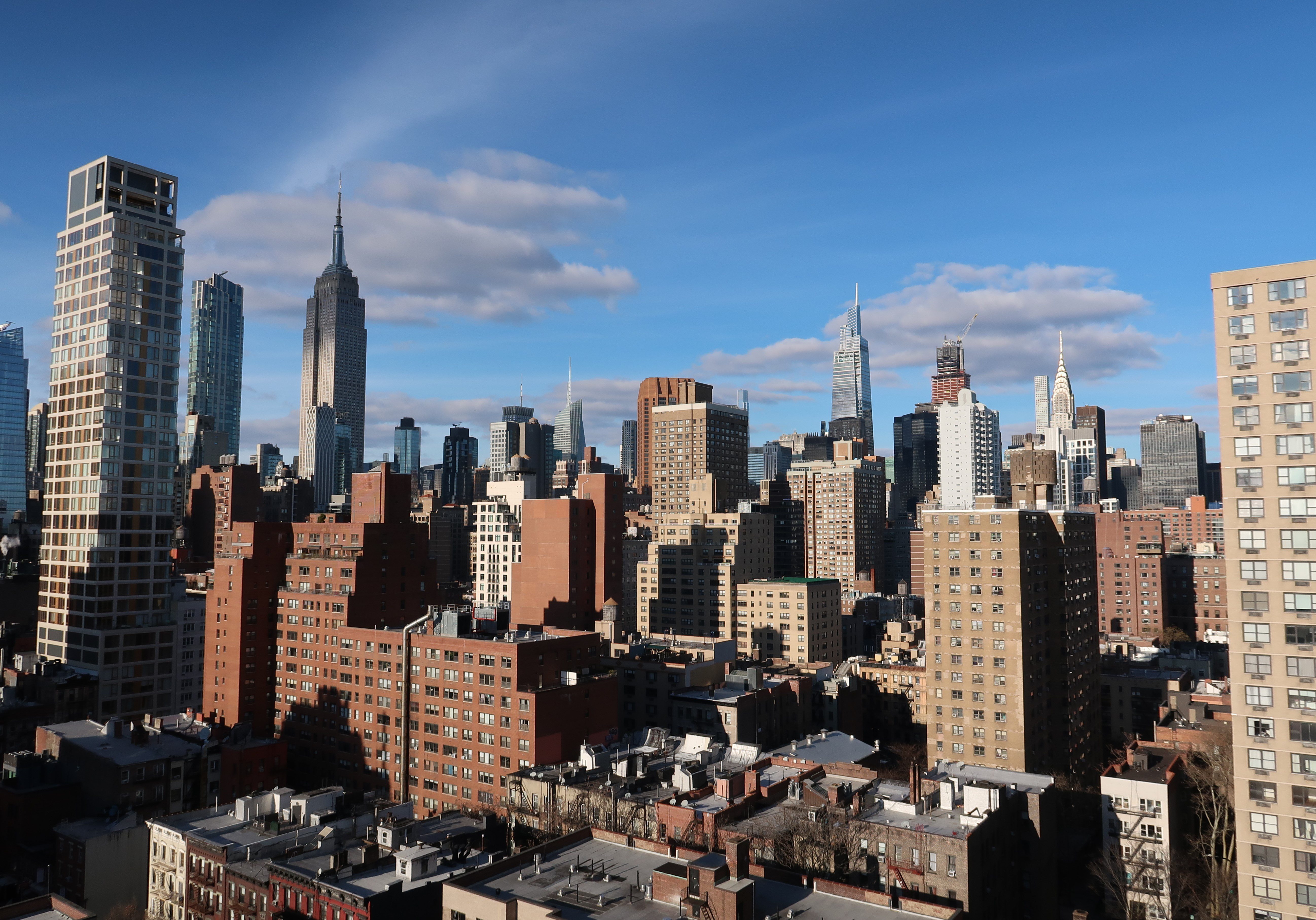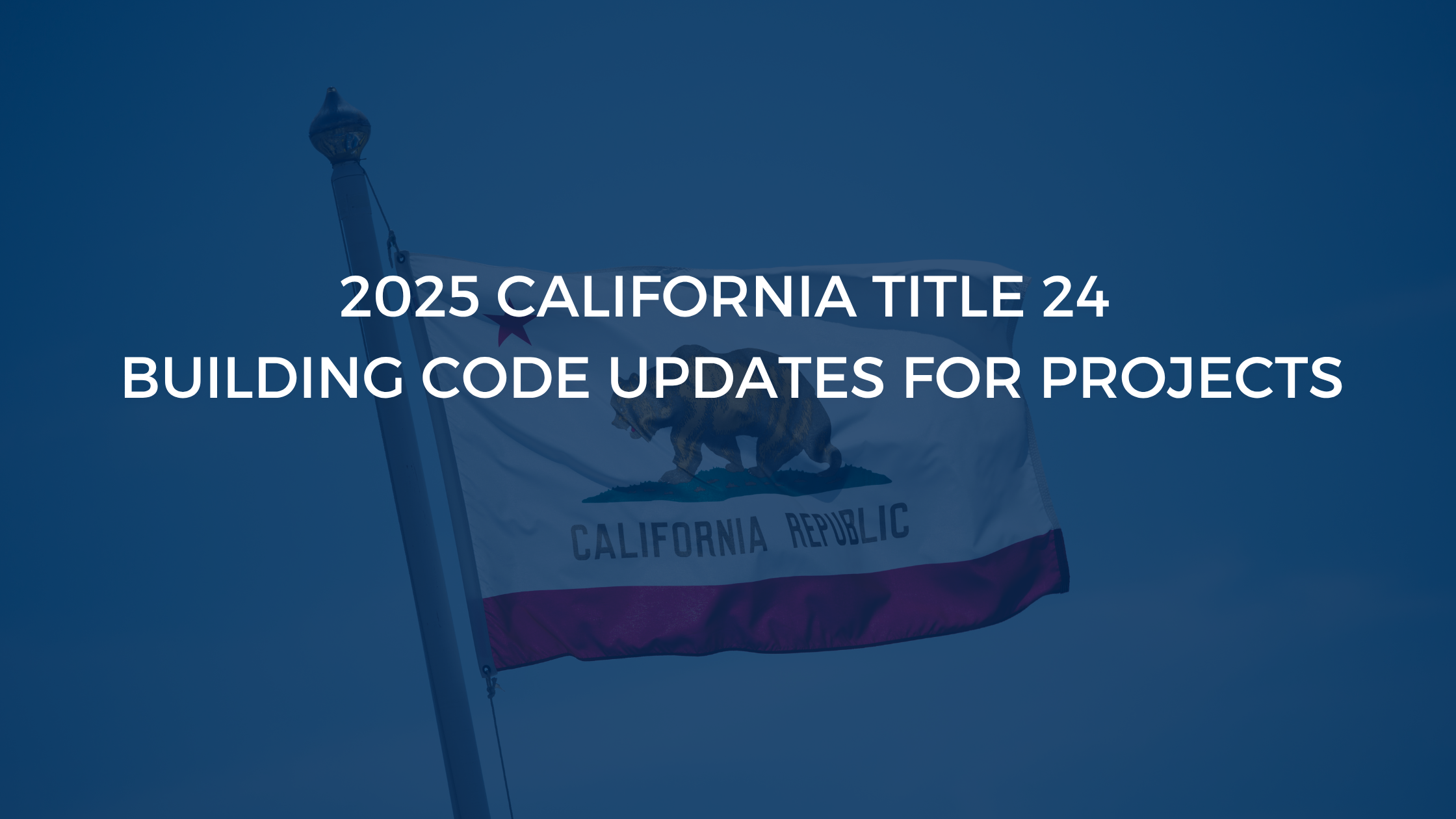Los Angeles: the home of Hollywood, the Lakers, Griffith Park, beautiful beaches, and one of the most complicated jurisdictions in the U.S. People by the thousands migrate to this iconic city each year, hoping they can make it in the City of Angels. But with rising housing costs, limited development space, and a frustrating permitting process; establishing yourself here can be difficult for any business. In this guide, we will break down the requirements you need to succeed and any common mistakes that might get in your way.
Note: For this guide, we will be focusing on commercial properties looking for building permit approval. For those curious about permits and inspections for owner-occupied single family dwellings click here.
For large and complex projects, the Los Angeles Department of Building and Safety issues permits through a Regular Plan Check process. Submitted plans are reviewed and then returned within a few weeks depending on workload (with COVID-19 wait times have increased). If a business pays 50% more of the plan check fee, the LADBS will expedite the plan review.
Steps to getting a building permit in Los Angeles
1. Get Zoning and Property Information
- Using ZIMAS, an online research tool from the City Planning department, you can see which jurisdiction in Los Angeles does your property fall under. This information is crucial for determining which permits your project needs and what safety codes to follow.
2. Draft Site Plans
- Take the time to either work with an experienced architect or draw the plans yourself based on the location where you want to work. Having a site plan allows the Department of Building and Safety to determine if there are any safety flaws within your proposal.
- After your plan is finished, double and triple-check it for any errors. Once you are positive that there are no safety violations, you can bring them to the Los Angeles Department of Building and Safety. There they will add any revisions, or hopefully, accept the plan on the first run. It may be beneficial to speak with a professional before submitting your plans who thoroughly know local code guidelines.
- Separate approvals may be needed from other departments and agencies, depending on the project scope. They may include Planning, Fire, Public Works, Transportation, CRA LA, Housing, DWP, Cultural Affairs, Health, AQMD, LAUSD, Oil and Gas, Cal OSHA, etc.
- While construction is occurring, inspections are requested through LADBS. No construction project is completely approved until it has been inspected and accepted by the LADBS.
- Different inspection types: Residential, Building, Electrical, Elevator/Pressure Vessel, Fire Sprinkler, Grading, Mechanical HVAC, Plumbing, Sign, Green Building, Temporary Special Events, and Haul Route Monitoring Program.
- All inspections will be recorded on the Building Card (B-8) and plans must be present for each inspection.
How much will it cost?
California does not have a set state guideline for building permit pricing. On average, it is safe to assume a business must pay anywhere from 5-18% of the total budget for your project on permit fees. This is presuming you are only going through the plan approval process once and are not paying for any additional revisions that might happen if there are errors with your site plan.
The Los Angeles Department of Building and Safety provides citizens with a Permit Calculator to help with determining permit fees: http://netinfo.ladbs.org/feecalc.nsf
Permit issuance
After the completion of the former steps, you will be notified by LADBS about your approved permit.
The following items are required from you at the time of permit issuance:
-
-
-
-
-
-
-
-
-
-
-
-
-
-
-
-
-
-
-
-
-
-
-
-
-
-
-
-
- Copy of certificate of workers’ compensation insurance made out to the contractor’s state license board.
- Copy of your LA City business tax registration certificate or a newly paid receipt for one.
- Notarized letters of authorization for your agents.
- Copy of your contractor’s license pocket ID.
- Solid Waste Hauler Permit Information.
-
-
-
-
-
-
-
-
-
-
-
-
-
-
-
-
-
-
-
-
-
-
-
-
-
-
-
Leverage our LA-based permit experts
As it is with most projects, proper due diligence is vital to prepare for any complications that arise. If you need help preparing for an upcoming project or navigating LA's municipal approval processes, reach out to Milrose and we will be happy to assist you. In 2020, Milrose acquired Permit Advisors, a leading national permit expediting firm based out of Los Angeles. Through our partner's years of experience and strong relationships within the LA area, no other company has the man-power like we do to expedite your permits efficiently and cost-effectively.



-3.png)


